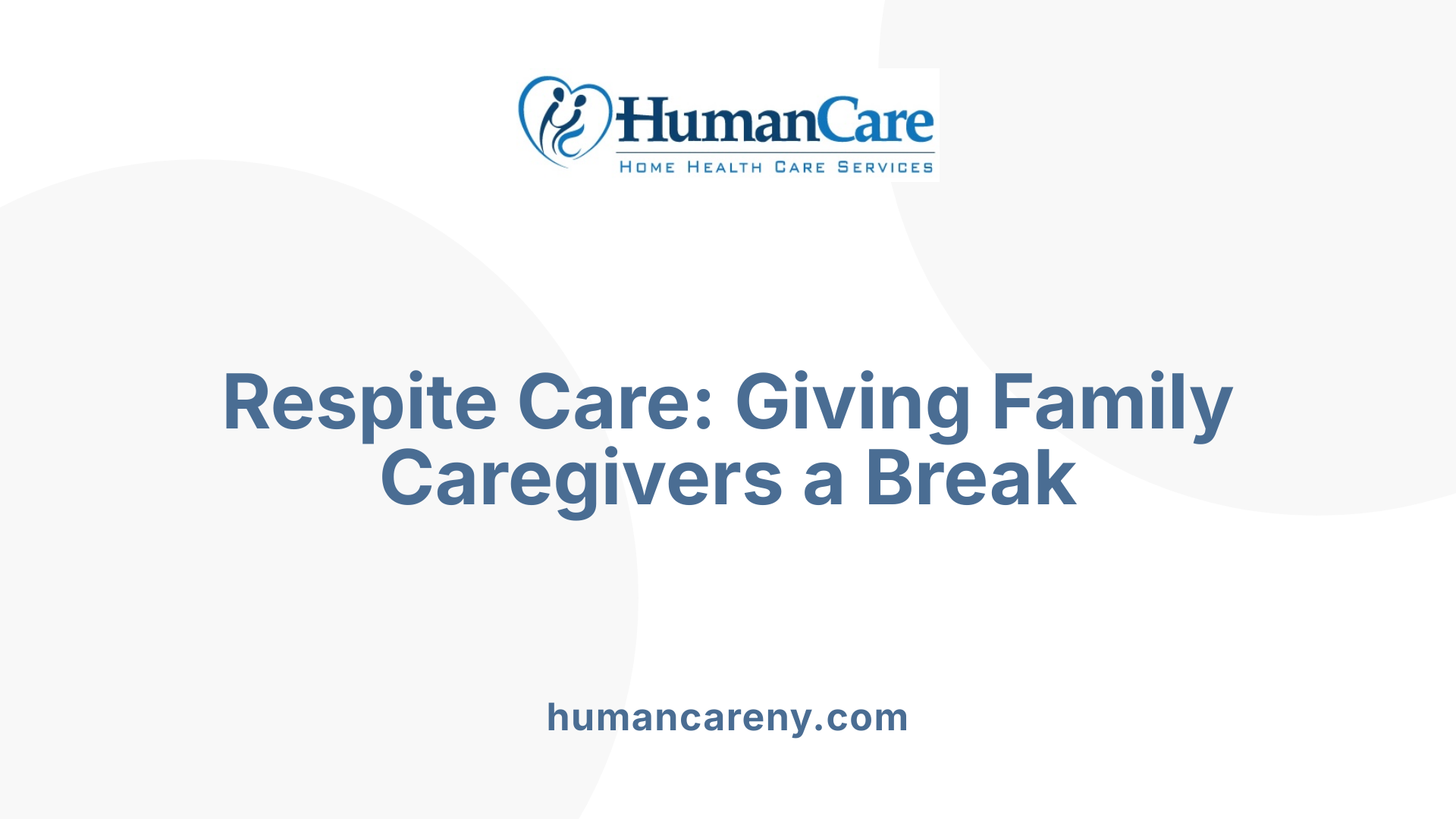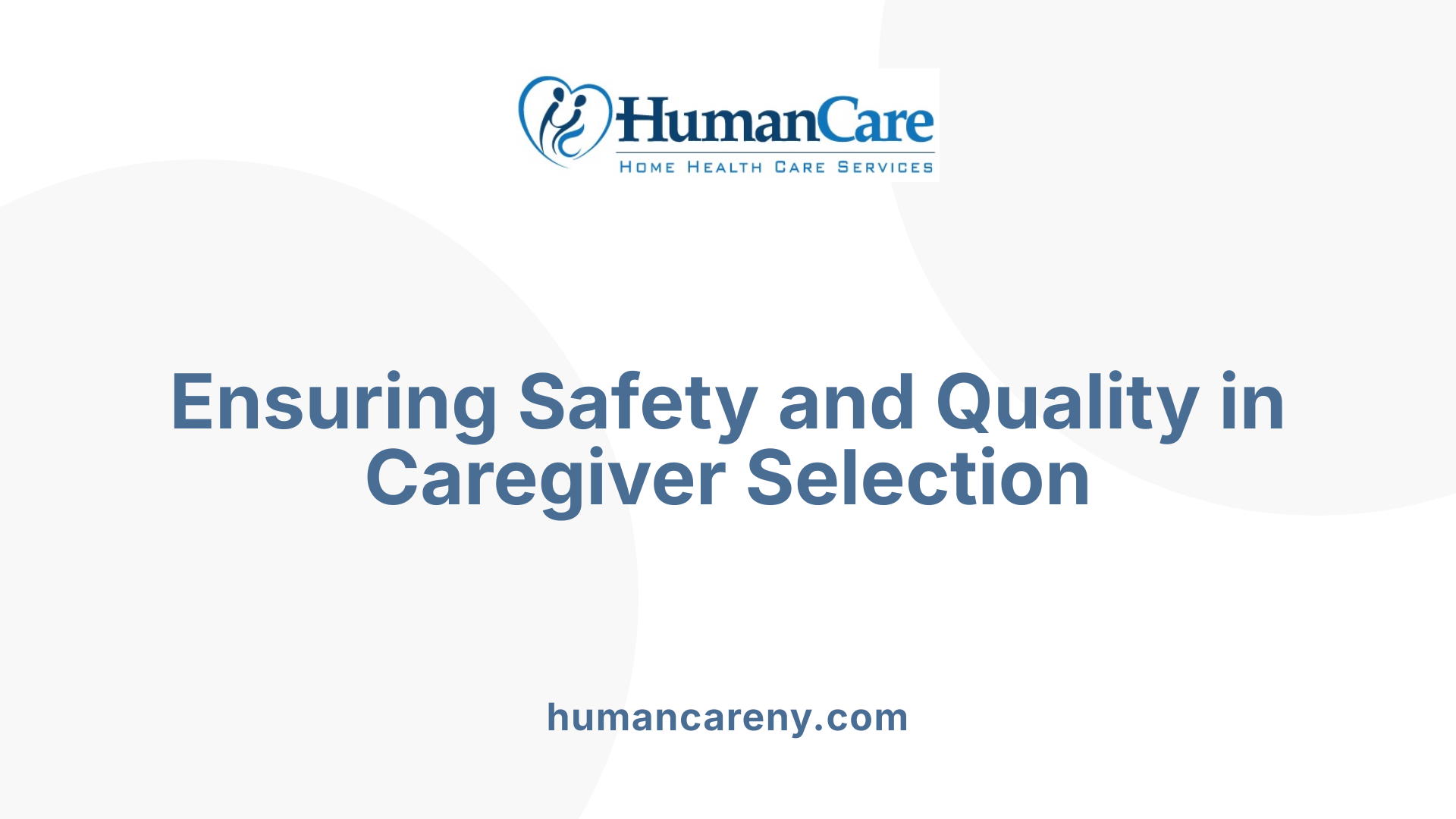Understanding Homemaking Services for Seniors with Chronic Illnesses
As the population ages, many seniors face the challenge of managing chronic diseases while striving to maintain independence and quality of life. Homemaking services, delivered through in-home care agencies and tailored care plans, play a vital role in supporting these individuals. This article explores how such services provide physical, emotional, and practical support to seniors living with chronic conditions, ensuring they receive compassionate and professional care at home.
Personalized In-Home Care Tailored to Chronic Disease Management

How Are In-Home Care Plans Tailored to Individual Needs?
In-home care plans by providers like Gallagher Home Care Services are carefully designed to meet the unique requirements of each senior. This personalization ensures that care aligns with their medical condition, lifestyle preferences, and daily routines. Such tailored approaches maximize comfort and effectiveness, supporting sustained independence.
What Role Do In-Home Services Play in Managing Chronic Illness?
In-home care for seniors with chronic diseases focuses on comprehensive support, which goes beyond basic assistance. It helps manage long-term conditions by closely monitoring health status and preventing complications through consistent care. This attentive service also boosts mental well-being by reducing feelings of isolation and providing companionship.
Why Are Medication Management and Physical Therapy Important Services?
Effective medication management is critical for chronic disease control, preventing drug interactions and improving adherence to prescribed treatments. Physical therapy serves to maintain or enhance mobility and functionality, which are often compromised by chronic illnesses. Together, these services enable seniors to maintain their quality of life and autonomy within their homes.
The integration of these targeted services in personalized care plans ensures that seniors receive holistic, professional support tailored to their health challenges and individual needs.
Key Homemaking Services Benefiting Seniors With Chronic Illnesses

Medication Administration and Wound Care
Effective management of chronic illnesses often requires strict adherence to medication schedules and proper wound care. In-home caregivers provide medication administration, ensuring seniors take the right dosage at the correct times. They also assist with wound care, which is crucial for preventing infections and promoting healing, especially for seniors with mobility issues or diabetes.
Specialized Care for Dementia
Dementia care demands a compassionate and knowledgeable approach. Caregivers specialized in dementia support help maintain a safe environment, assist with daily routines, and provide stimulation through engaging activities. Their presence enhances emotional well-being and helps slow cognitive decline by encouraging autonomy and social interaction.
Physical Therapy and Skilled Nursing Care
Physical therapy services delivered at home aid seniors in maintaining mobility, strength, and balance, which are vital for independence. Additionally, skilled nursing care supports complex medical needs such as chronic disease management and post-hospital recovery. These professionals coordinate treatments, monitor health changes, and educate seniors and their families.
These homemaking services, typically offered by licensed agencies under the Illinois Department of Public Health, are tailored to meet individual needs, promoting both physical health and emotional wellness for seniors managing chronic conditions.
Supporting Mental and Emotional Well-Being Through Companionship

How Does Caregiver Companionship Provide Emotional Support?
Caregivers working with seniors offer more than just physical assistance; they play a vital role in emotional care. Their presence reduces feelings of loneliness and anxiety, providing the comfort of companionship. This ongoing support helps seniors feel valued and less isolated, which is crucial for their overall happiness and resilience.
Why Is Engagement in Activities Important for Seniors?
In-home caregivers encourage seniors to participate in activities that suit their interests and abilities. Engaging in hobbies, light exercises, or social interaction fosters a sense of autonomy and keeps the mind active. These activities help maintain cognitive function and stimulate positive emotions, which are essential for mental health.
How Does Mental Health Affect Chronic Disease Management?
Mental well-being significantly influences how seniors cope with chronic illnesses. Emotional support and companionship can lead to better adherence to medication and therapy regimes. When seniors feel emotionally supported, they tend to have improved motivation, reduced stress, and enhanced physical health outcomes, making chronic disease management more effective.
Incorporating companionship into in-home care ensures seniors receive comprehensive support that nurtures their emotional and mental well-being, complementing medical care and promoting a higher quality of life.
Respite Care: Relief for Family Caregivers

What Role Does Respite Care Play in Reducing Family Caregiver Burden?
Respite care offers vital relief for family members who provide constant care to their elderly loved ones. By stepping in temporarily, professional caregivers allow families to rest and recharge, helping prevent caregiver burnout. This service is especially meaningful for those caring for seniors with chronic illnesses, where continuous attention and support are required.
How Does Respite Care Support Emotional and Physical Well-Being?
Family caregivers often face emotional stress and physical exhaustion due to their demanding roles. Respite care helps mitigate these effects by providing a dependable caregiving option that promotes emotional balance and reduces fatigue. The presence of skilled caregivers also encourages seniors' autonomy and social engagement, which in turn supports the emotional health of both seniors and their families.
How Is Respite Care Coordinated With Professional Caregiving Services?
Respite care is typically arranged through professional home care agencies like Gallagher Home Care Services, which specialize in tailored care plans. These agencies ensure caregivers are trained and supervised while offering assistance with medication, physical therapy, and chronic illness management. Coordination between respite services and ongoing caregiving ensures seamless support tailored to the needs of seniors and their families, fostering a balanced caregiving environment.
Programs and Licensing Ensuring Quality In-Home Care

What roles do the Illinois Department on Aging and Department of Public Health play in in-home care?
The Illinois Department on Aging provides information and oversight for in-home care services for seniors and individuals with disabilities. It ensures access to personal and medical services tailored to individual needs. The Illinois Department of Public Health (IDPH) licenses Home Services Agencies that employ aides to assist with daily living activities and personal care, maintaining high standards of care and safety.
What are the benefits of the Community Care Program (CCP)?
The Community Care Program (CCP) supports older adults aged 60 and above to maintain independence through in-home services provided by home care aides. Eligible participants receive these services at no out-of-pocket cost, making essential assistance accessible and affordable. Services include help with daily living activities, medication management, and more, fostering seniors' well-being in a comfortable home environment.
What are the licensing requirements for home services agencies?
Home Services Agencies must be licensed by the Illinois Department of Public Health, which regulates employment of trained aides who assist clients with activities of daily living and personal care. Agencies supervise their caregivers to ensure professional standards are met. Clients often pay out-of-pocket for these services unless covered by programs like CCP. Additionally, personal caregivers hired directly by families must undergo background checks and training when paid, enhancing safety and quality of care.
This framework of programs and licenses helps safeguard seniors by promoting personalized, professional, and compassionate in-home care throughout Illinois.
Access to Medical and Skilled Nursing Assistance at Home

In-home Medical Services for Chronic Disease Management
Managing chronic diseases effectively in a home environment has become increasingly important for seniors seeking comfort and quality care. Gallagher Home Care Services offers specialized medical assistance at home, focusing on tailored care plans that address each senior's unique health needs. This includes medication management to ensure proper dosing and adherence, helping to stabilize conditions such as diabetes, heart disease, and COPD.
Wound Care and Therapy Services
Proper wound care is vital to prevent infections and promote healing, especially for chronic patients or those with limited mobility. Licensed healthcare providers deliver wound care directly in the home, using professional techniques and sterile materials. Additionally, physical therapy services are available to improve mobility, enhance strength, and support recovery after injury or surgery. These therapy sessions can be customized to fit individual progress and goals.
Coordination with Licensed Healthcare Agencies
Medical home care services are provided through licensed agencies authorized by the Illinois Department of Public Health (IDPH). These agencies employ skilled nurses and therapists who collaborate closely with primary care physicians and specialists. This coordination ensures comprehensive management of complex health conditions, maintaining a seamless flow of information and adjustments in the care plan as required.
This multi-disciplinary approach supports seniors in maintaining independence, reducing hospital readmissions, and improving overall well-being within their home environment.
Palliative and End-of-Life Care Services in the Home Environment

What is Palliative Care and How Does It Support Seniors at Home?
Palliative care aims to improve the quality of life for seniors with serious or terminal illnesses. Delivered in the comfort of the home, it emphasizes pain management and effective symptom control. This type of care is designed to provide holistic support addressing physical, emotional, and psychological needs.
How Does Hospice Care Function at Home?
Hospice care offers comprehensive end-of-life services for seniors, primarily focusing on comfort rather than curative treatments. Licensed by the Illinois Department of Public Health (IDPH), hospice agencies provide care through interdisciplinary teams including nurses, social workers, chaplains, and volunteers. These teams collaborate to deliver personalized support that honors the wishes and dignity of each individual.
What Are the Licensing and Regulatory Requirements for End-of-Life Care Providers?
End-of-life care providers, including hospice agencies, must obtain licenses from the IDPH to operate legally. Regulations ensure that agencies meet standards for quality, staff qualifications, and patient safety. These oversight measures help maintain high-quality care and protect the rights and well-being of seniors receiving services at home.
Hiring and Supervising Caregivers: Ensuring Safety and Quality

Agency-employed vs. personal caregivers
When selecting in-home care, individuals can choose between agency-employed caregivers and personal caregivers hired directly. Agencies licensed by bodies such as the Illinois Department of Public Health (IDPH) employ professional caregivers who are supervised regularly. These caregivers typically undergo structured training and are monitored to maintain consistent care standards.
In contrast, personal caregivers might be family members or friends hired directly by the senior or their family. Though more personal, this option requires the family to ensure proper background checks and training, especially if payment is involved.
Supervision, training, and background checks
Caregivers employed by agencies benefit from ongoing supervision and formal training programs that uphold quality service and client safety. These agencies are responsible for verifying caregiver backgrounds and ensuring they comply with regulatory standards.
For personal caregivers, families must arrange background checks and provide adequate training to meet safety and care quality needs. This responsibility helps protect seniors from potential harm and helps caregivers deliver competent support.
Complaint channels and consumer protections
If concerns or complaints arise regarding in-home care, there are established avenues for resolution. For agency-related issues, contacting the Illinois Department of Public Health or designated Senior HelpLines can offer assistance. Specific program complaints, such as those related to Community Care Programs or specialized services, have their respective contact points.
These consumer protections are designed to maintain high standards across in-home caregiving services and safeguard seniors' well-being.
| Caregiver Type | Supervision | Background Checks | Training | Complaint Support |
|---|---|---|---|---|
| Agency-employed | Regular agency oversight | Conducted by agency | Structured, ongoing | Illinois Department of Public Health, Senior HelpLine |
| Personal caregivers | Family or individual responsibility | Must be arranged by employer (family) | Family must provide or arrange | Varies; family typically manages |
Empowering Seniors Through Dedicated Homemaking Services
Homemaking services represent a cornerstone in supporting seniors living with chronic diseases, fostering independence, and enhancing overall well-being. Through personalized care plans, professional medical assistance, emotional support, and well-regulated caregiver programs, these services address the multifaceted needs of elderly individuals. By relieving family caregivers and providing comprehensive home-based solutions, in-home care agencies ensure seniors can age with dignity and comfort in their own homes.



